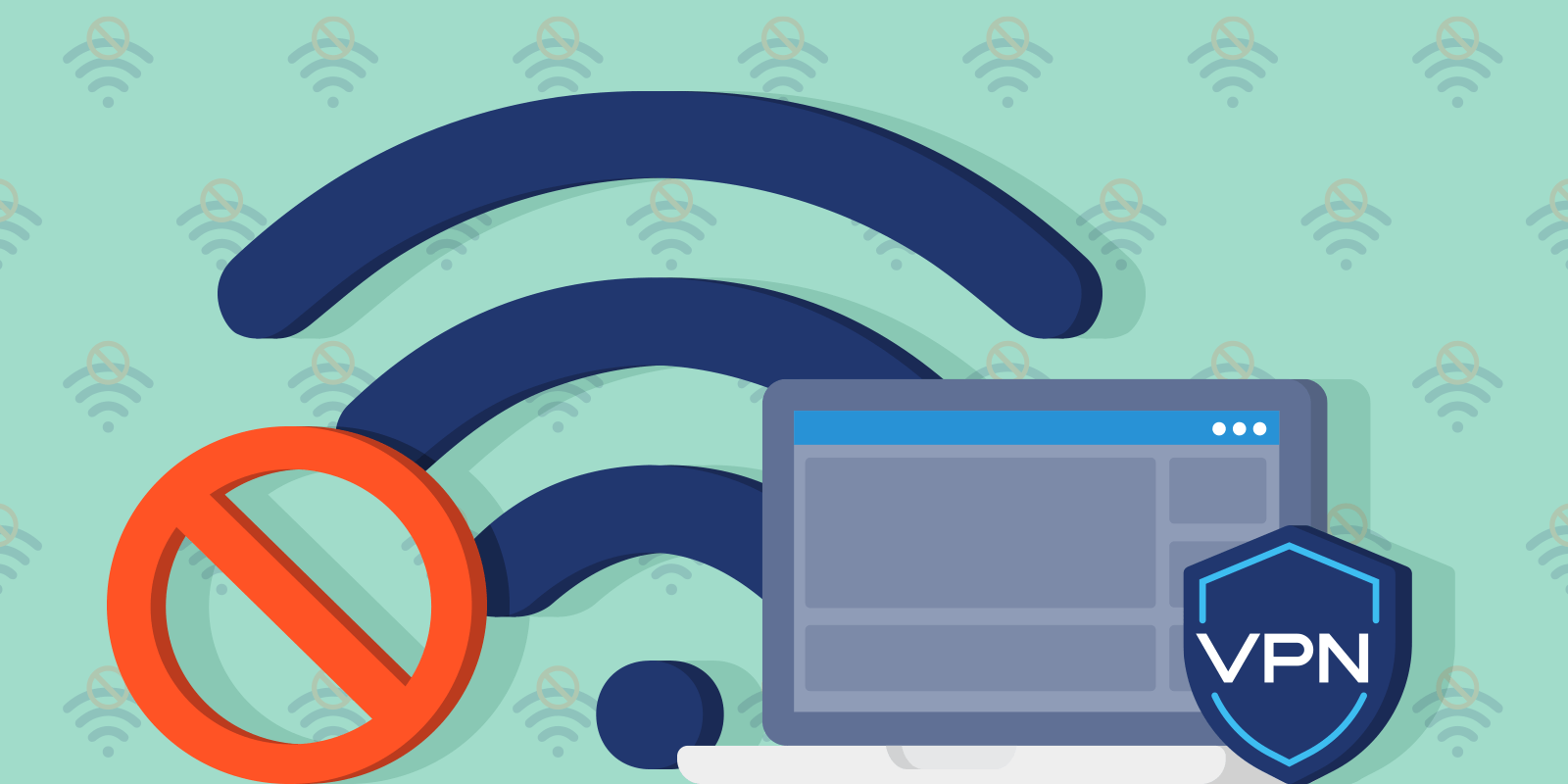In an era where digital presence is omnipresent, navigating the internet securely is a top priority for individuals and businesses alike. The need to bypass internet security measures has become a common quest for various reasons, from accessing region-restricted content to ensuring unrestricted connectivity. In this comprehensive guide, we will explore the intricacies of internet security and provide valuable insights on how to bypass internet security without compromising safety.
Understanding Internet Security
Before delving into bypass methods, it’s crucial to comprehend the basics of internet security. Internet security encompasses a range of measures designed to protect data and information from unauthorized access, cyberattacks, and potential threats. Common security protocols include firewalls, encryption, and antivirus software.
Why Bypass Internet Security?
The motivations behind wanting to bypass internet security are diverse. Some individuals seek access to geo-blocked content, while others aim to ensure anonymity online. It’s essential to note that bypassing security measures should always be done responsibly and within legal boundaries.
The Art of Anonymous Browsing
One effective method to bypass internet security is by embracing anonymous browsing. Utilizing Virtual Private Networks (VPNs) allows users to mask their IP addresses, encrypt data, and access the internet with an added layer of security. Popular VPN services provide a gateway to unrestricted internet access while safeguarding personal information.
Proxy Servers: An Alternative Route
Another avenue for bypassing internet security is through the use of proxy servers. Acting as intermediaries between users and the internet, proxies serve as a shield, enabling access to restricted content. However, caution is advised, as not all proxies guarantee a secure connection.
Overcoming Geo-Restrictions
Geographically restricted content can be a frustrating barrier. To bypass such limitations, consider using a Smart DNS service. This technology allows users to access content as if they were in a different location, granting freedom to explore region-specific websites and services.
Browser Extensions for Enhanced Privacy
For a more tailored approach, consider integrating browser extensions designed to enhance privacy. Privacy-focused extensions such as ad blockers, script blockers, and cookie managers contribute to a more secure online experience, minimizing the risk of unauthorized tracking.
The Importance of Encryption
Encryption plays a pivotal role in bypassing internet security while maintaining confidentiality. Embrace end-to-end encryption for communication channels, ensuring that data remains private and secure from potential eavesdroppers.
Staying Informed: Security Updates and Patches
To stay ahead in the cat-and-mouse game of internet security, it’s imperative to keep software, browsers, and security tools up-to-date. Regularly applying security updates and patches fortifies your defense against evolving online threats.
Balancing Act: Responsible Bypassing
While the allure of bypassing internet security may be strong, it’s essential to approach it responsibly. Unethical practices can lead to legal consequences and compromise personal safety. Use these techniques judiciously, keeping in mind the broader implications.
Conclusion
In the ever-evolving landscape of the internet, the ability to bypass security measures is a valuable skill. Whether it’s for accessing censored content or ensuring privacy, understanding the methods and tools available is crucial. By adopting responsible practices and staying informed about the latest developments, individuals can navigate the web securely, enjoying the benefits of an open and unrestricted online experience.
